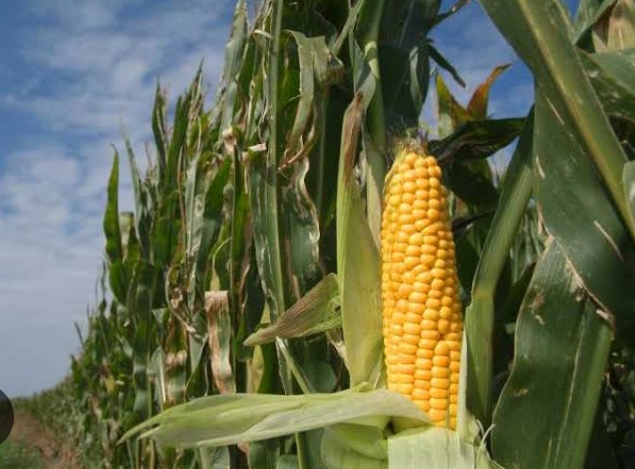Nigeria’s Minister of Innovation, Science and Technology, Uche Nnaji has said the country is upbeat about the ability of the TELA Maize Varieties to propel Nigeria and Africa at large closer to achieving food security.
The Minister spoke in a press conference in Abuja on Tuesday sequel to the recent approval granted for the commercial release of four genetically engineered varieties of maize developed in Nigeria.
The approval, which was announced on 11th January 2024 by the National Committee on Naming, Registration, and Release of Crop Varieties, Livestock Breeds/Fisheries, meant that the four TELA Maize varieties can now be openly traded and cultivated in the country.
“With the approval for commercial release and open cultivation of the transgenic insect-resistant and drought-tolerant maize varieties known as TELA Maize, along with other high-yielding crop varieties at its 33rd meeting at National Centre for Genetic Resources and Biotechnology (NACGRAB) in Ibadan marks a remarkable step to enhance agricultural productivity and ensure food sufficiency for our nation,” Nnaji said.
Speaking further, he said, “It exemplifies our (Nigerian government) commitment to harnessing the power of biotechnology to address pressing agricultural challenges, enhance crop resilience, and improve the livelihoods of our farmers and citizens.”
According to him, the approval also strengthens the country’s position in the global agricultural landscape, fostering economic stability and opening new avenues for trade and export.
The minister further elucidated on the benefits of new varieties of the crop, regarded as the most widely consumed in the country in its various forms across the country and the content, saying they are far-reaching, promising increased crop yields, enhanced resilience to pests and diseases, reduced environmental impact, and improved nutritional content.
He used the occasion to urge all stakeholders, including farmers, extension workers, and private sector partners, to embrace the new crop varieties, assuring that it would guarantee a more prosperous, sustainable, and food-secure future for Nigeria.
On his part, the Director General, NABDA, Prof Abdullahi Mustapha pledged that the Agency will not renege in its commitment to utilising biotechnology to tackle the diverse socioeconomic challenges that impede sustainable national development, thereby actively contributing to the economic growth of Nigeria.
FOOD SECURITY: Nigeria Counting on Newly Approved GM Maize

Leave a Comment
Leave a Comment




